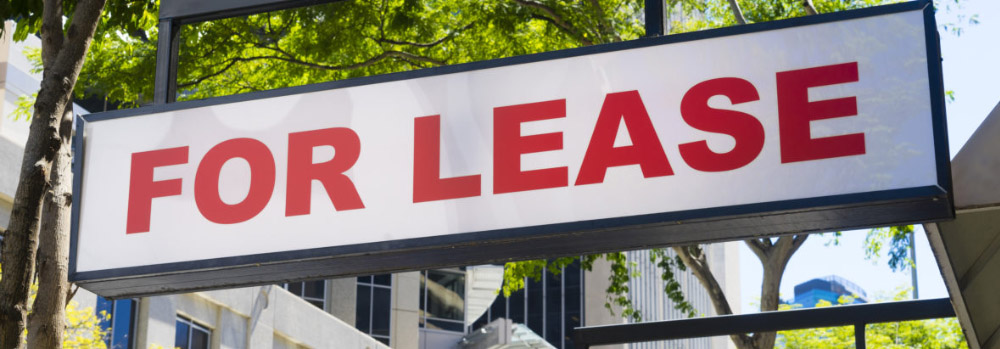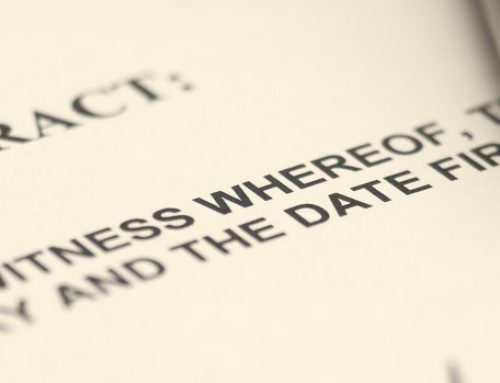
Retail and Commercial Leases – know what you’re getting yourself into
Are you a retail shop or business owner looking for new premises? Here are some questions to consider before signing a retail or commercial lease.
Is it a commercial lease or a retail lease?
It’s important to know what type of lease applies because the regulatory framework is different for each. Parties under a commercial lease (usually for offices, warehouses and industrial sites) can contract out of the relevant property and conveyancing legislation and the extent of the tenant’s liability can be negotiated. On the other hand, a retail lease (for shops or businesses located in a shopping centre) assumes that the tenant has unequal bargaining power with the landlord and provides protective measures to uphold the tenant’s rights. There are also additional obligations on the landlord.
What important provisions should you look out for?
Whilst every lease transaction will vary, the more significant terms relate to:
- The premises covered by the lease, rights of access, parking and use of additional amenities
- The term of the lease
- The existence of any option to renew, including its terms
- Rent and rent review
- Entitlement to affix and remove fixtures
- Entitlement to assign or sublet and the conditions of that entitlement
- Obligations for doing work or expenditure of money including paying rates, electricity and other outgoings and to repair and maintain the premises
- Restrictions on user and ability to change user
- Provisions entitling the lessor to terminate the lease for any reason
Have you been given a disclosure statement?
At least seven days before a retail shop lease is entered into, the lessee must be given a disclosure statement which provides a summary of financial obligations. It covers rent, rent review, outgoings, other costs associated with the lease and other important provisions such as the likelihood of relocation and/or demolition of the premises. If the landlord doesn’t provide a disclosure statement as required, the tenant has the right to terminate the lease, even after it is entered into.
The disclosure statement will also set out your obligations as tenant, such as any fitout works to be carried out, what type of insurance you must take out, whether you are required to redecorate the premises and if so, how often.
Who pays the lease preparation fees?
Under the Retail Leases Act, the tenant doesn’t have to pay the landlord’s lease preparation costs or mortgagee consent fees. However, if the tenant asks for changes to the lease after the tenant’s disclosure statement has been returned to the landlord, the tenant may be required to pay for the changes.
The tenant is required to pay for the registration of the lease, which should be done for leases with a period of more than three years (including any option to renew period) to protect the interests of both the tenant and landlord.
For commercial leases, the parties can negotiate who is responsible for the payment of fees.
Spend a little to save a lot
It can be very costly to set up a new business or fit out retail premises, but the money that you save by not having your lease reviewed might end up costing you so much more if you don’t have a thorough understanding of your rights and obligations, as well as those of your landlord. As well as providing advice on the proposed lease, your lawyer can negotiate changes on your behalf if required.
There are significant differences between retail and non-retail leases and both landlords and tenants should understand what is permitted under the retail laws regarding their lease terms and the consequences of non-compliance with mandatory obligations. The terms of commercial leases are unregulated and it is equally important to have the terms reviewed to ensure that they don’t place unfair obligations on the tenant or heavily favour the landlord.




